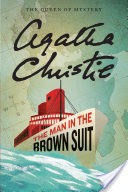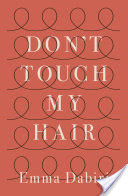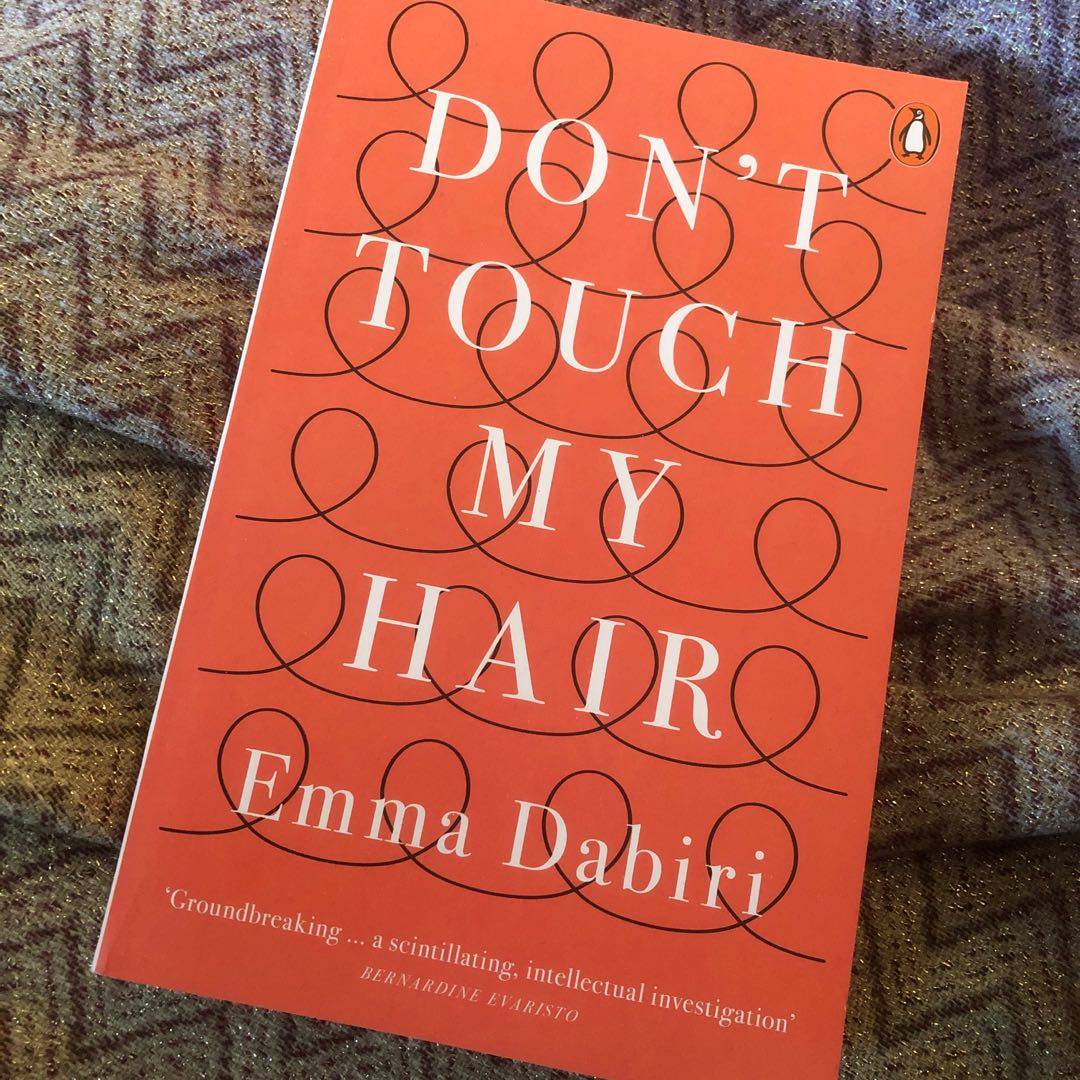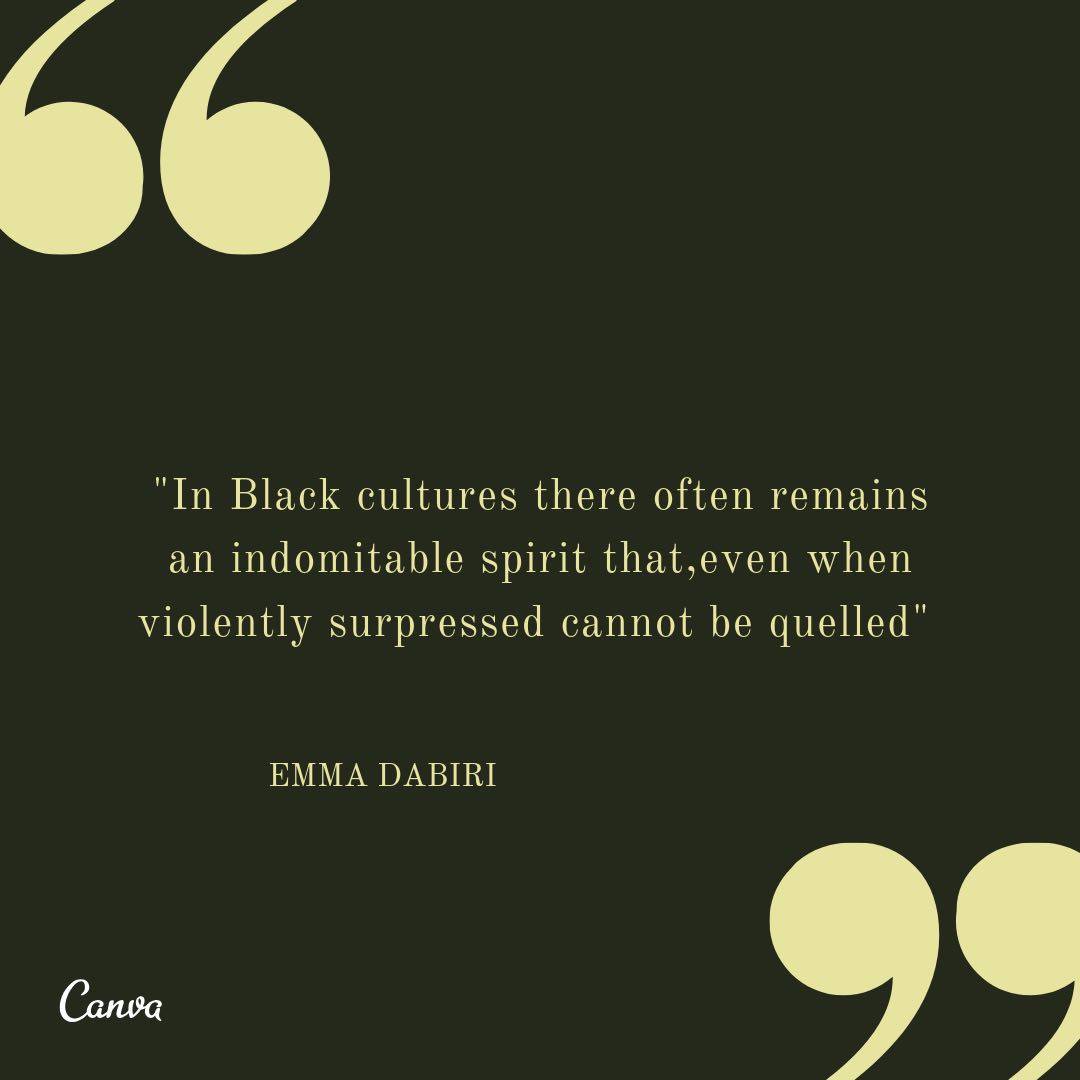Emma Dabiri is a teaching fellow in the Africa Department at SOAs and a Visual Sociology PhD researcher at Goldsmith‘s College. This passionate, fascinating and very interesting book uses black hair as the basis for examining racial attitudes, colonial attitudes, double standards and how it damages Black people and mixes Dabiri‘s personal experience with history, sociology, and anthropology to produce a nuanced, thought-provoking read.






























